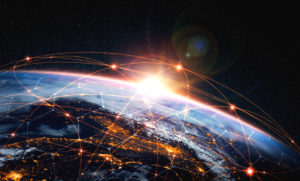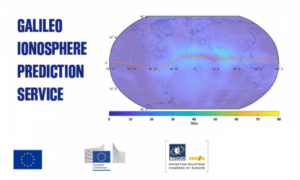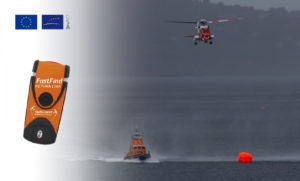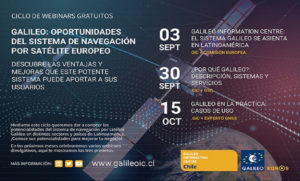As of August, 2023, operational Galileo GNSS satellites, with some exceptions, have been updated and are now transmitting an improved I/NAV message. Users will see an enhancement in the Galileo E1 Open Service (OS) performance in terms of robustness and a significant reduction in time to first fix in challenging environments, with both unassisted and assisted GNSS. Backward compatibility is assured, with no impact on legacy receivers and low complexity implementation within OS receivers.
Galileo satellites broadcast different types of data in four navigation messages: the F/NAV and I/NAV navigation messages, a commercial navigation message (C/NAV) and a governmental navigation message (G/NAV). The latest upgrade comprises new features added to the I/NAV message, carried by the E1-B signal. Read more…







